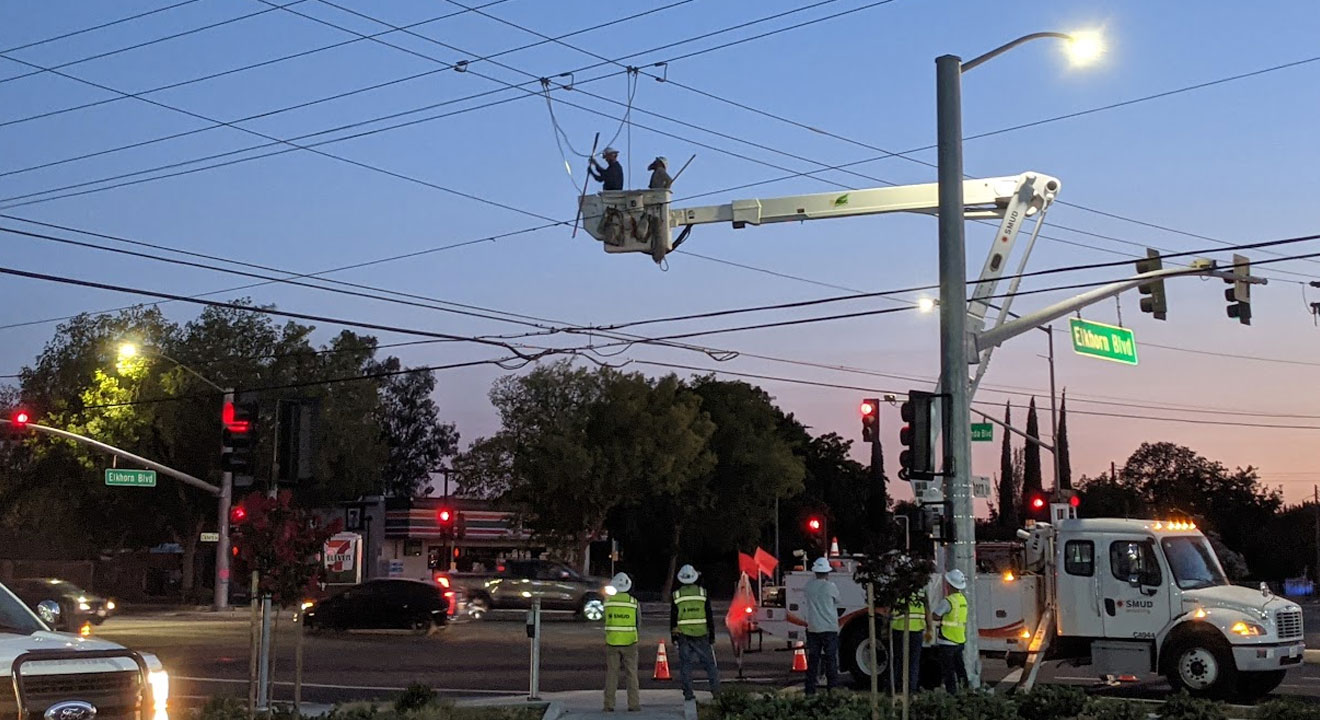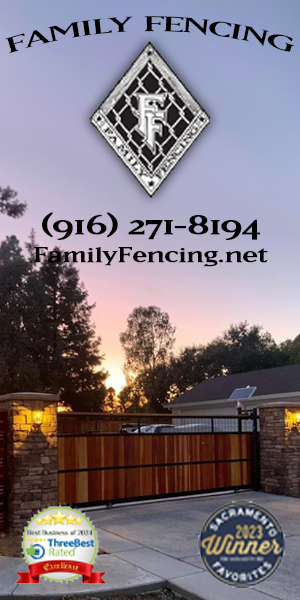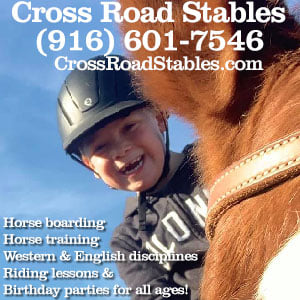In this awkward, bizarre time we’re living in, it’s been hard to find good news underneath the deluge of bad. So, I’m digging up some old articles from when Rio Linda Online was days old, hoping we can find some comfort in our shared nostalgia for how things used to be. This article was published on May 11th, 2011.
One of the most popular discussions we’ve ever had on the Facebook page has been about the 49er Drive In on Marysville Blvd.

The Bell Drive-In opened around 1950 with just one screen… what those of us who worked there know as “field 3”, the largest of what ultimately became a 6 screen theater. Sometime in the ’70s, it was expanded to four screens, and expanded by 2 more screens in the 80s. The snack bar and projection booth used to be smack dab in the middle of field 3, but was razed and moved to its ultimate location on the entrance road during the 70’s expansion.

The history of the 49er closely mirrors the history of the drive-in theaters in America. The first drive-in was erected in New Jersey in 1933. California’s first drive-in was the Pico in Los Angeles, around 1934. Once RCA created the in-car speaker with volume controls in 1941, the industry took off. The peak was in 1958, with 4063 drive-ins nationwide. (I assume drive-ins were a contributing factor to the baby boom.)
Once real estate started to boom, and with the advent of affordable color TV, VCRs, and video rentals, drive-ins became an endangered species. As of 2011, there are only 374 theaters remaining in the US. There are only 18 drive-ins remaining in California, and where there once were seven in the Sacramento area, there’s now only one (Sacramento 6 Drive-In).

The 49er closed around 2000, but the flea market went on for a time after that… not that it mattered. The flea market was never the attraction. It was the hot summer nights with cool delta breezes, sitting in the bed of a pickup, watching the sun go down, and dipping into the big paper grocery bag of popcorn you brought from home. It was taking the kids to play at the playground; a slide, some swings, some wobbly spring-mounted animal rides, and a merry-go-round/centrifuge of death. I estimate that the healthcare companies boomed in the 80s due to the number of kids that were maimed by being deposited on asphalt after a ride on the slide, or an errant jump from the swing set.
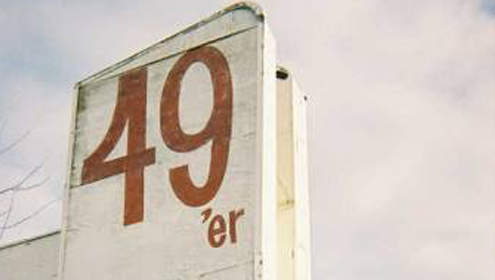
What’s disappointing to me is that I haven’t been able to find any pictures of the 49er when it was open and showing movies. Almost all the pictures I have are after the decline. If you have pictures you’d like me to scan, or can send me, I’d LOVE to have them. Whether you saw movies at the 49er or worked there, it’s a big part of the history of Rio Linda (even though it’s officially in Sacramento). It’s something I’d like to collect and preserve. As Kelly O’Connell Kiddy noted on Facebook, “My kids don’t even know what a drive-in is.”
The 49er is long gone, as is the era of drive-in theaters, yet not forgotten. The Sacramento Six is still open and recession-friendly. Double features of first-run Hollywood films are $6.75 for adults, $1 for children ages 5-11 and free for children younger than 4. On Tuesday nights, the price for adults drops to $4.75.
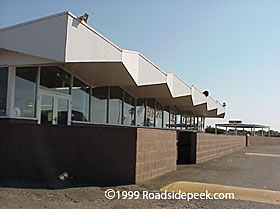
In this day and age of laptop computers and DLP projectors, MOVMOBs have been a growing activity. Grab a DVD and a projector, tell people where you’ll be, and show a movie on a wall. A little modern spin on the classic drive-in.
Do you have memories of the 49er Drive In? Please share them in the comments.
I didn’t keep footnotes, so sorry if I missed any references here, but there are a lot of websites with information about drive-ins in general, and the 49 in particular.
Conrado4 @ Flickr (Visit Ray’s incredible photostream. He’s documented the 80’s like no-one in Sacramento I know. I steal from him regularly. Thanks Ray!)








